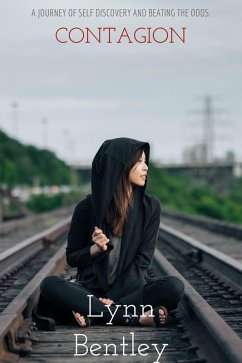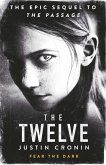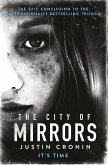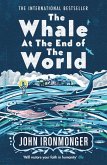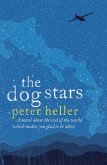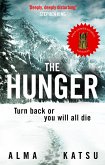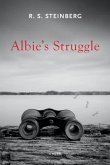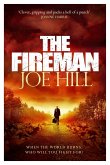When the pandemic hits shortly after social norms begin to break down, it causes, the denial of politicians, life to come to a standstill and a city to be closed off to the outside world. The population is no longer able to enjoy normal past times or materialistic endeavors. A culture of mistrust comes into play where people fear that their neighbors could give them the virus.
The novel starts of fairly fast, but it's more thoughtful in the middle portion before becoming action packed towards the end. It's intriguing in the same way as life in the US before and during the epidemic that is described, but especially towards the end, the powerful force of humankind trying to achieve oneness while remaining separated begins to propel the story forward.
The story focuses on a group of people united in their fights to defeat the virus and stave it off from themselves. There is the emotionally broken neighbor, the perfectionist politician, the priest who lambastes the laxity of the people and adapts his sermons to help them find peace, the journalist who gets caught up in the illness and tries to escape, the doctor who treats people out of a sense of duty while his wife is sick in a clinic outside the City and a former veteran who leaves home due to his disgust of the death penalty and who sets up the volunteer force to defeat the pandemic.
It is as exhilarating and thought-provoking as the other Bentley books. It's one with important lessons from one who is adept at describing complex human issues that have dogged us from the beginning of time with straightforward events and ideas.
Dieser Download kann aus rechtlichen Gründen nur mit Rechnungsadresse in A, B, BG, CY, CZ, D, DK, EW, E, FIN, F, GR, H, IRL, I, LT, L, LR, M, NL, PL, P, R, S, SLO, SK ausgeliefert werden.

